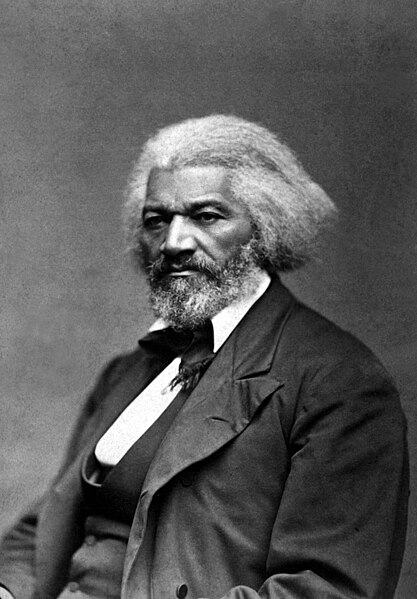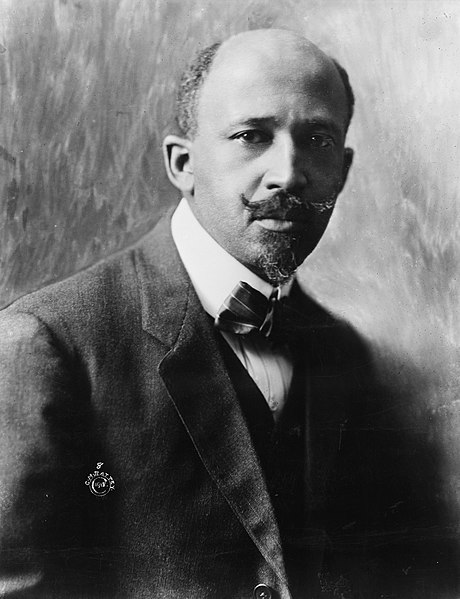African-American literature
African American literature is the body of literature produced in the United States by writers of African descent. It begins with the works of such late 18th-century writers as Phillis Wheatley. Before the high point of enslaved people narratives, African American literature was dominated by autobiographical spiritual narratives. The genre known as slave narratives in the 19th century were accounts by people who had generally escaped from slavery, about their journeys to freedom and ways they claimed their lives. The Harlem Renaissance of the 1920s was a great period of flowering in literature and the arts, influenced both by writers who came North in the Great Migration and those who were immigrants from Jamaica and other Caribbean islands. African American writers have been recognized by the highest awards, including the Nobel Prize given to Toni Morrison in 1993. Among the themes and issues explored in this literature are the role of African Americans within the larger American society, African American culture, racism, slavery, and social equality. African-American writing has tended to incorporate oral forms, such as spirituals, sermons, gospel music, blues, or rap.

Phillis Wheatley (c.1753–1784)
Frederick Douglass
Portrait of W.E.B. DuBois, photographed in 1918
Langston Hughes, photographed by Carl Van Vechten, 1936
Phillis Wheatley Peters, also spelled Phyllis and Wheatly was an American author who is considered the first African-American author of a published book of poetry. Born in West Africa, she was kidnapped and subsequently sold into slavery at the age of seven or eight and transported to North America, where she was bought by the Wheatley family of Boston. After she learned to read and write, they encouraged her poetry when they saw her talent.
Portrait of Phillis Wheatley, attributed by some scholars to Scipio Moorhead
Phillis Wheatley
Phillis Wheatley's church, Old South Meeting House
Poems on Various Subjects, Religious and Moral, 1773







